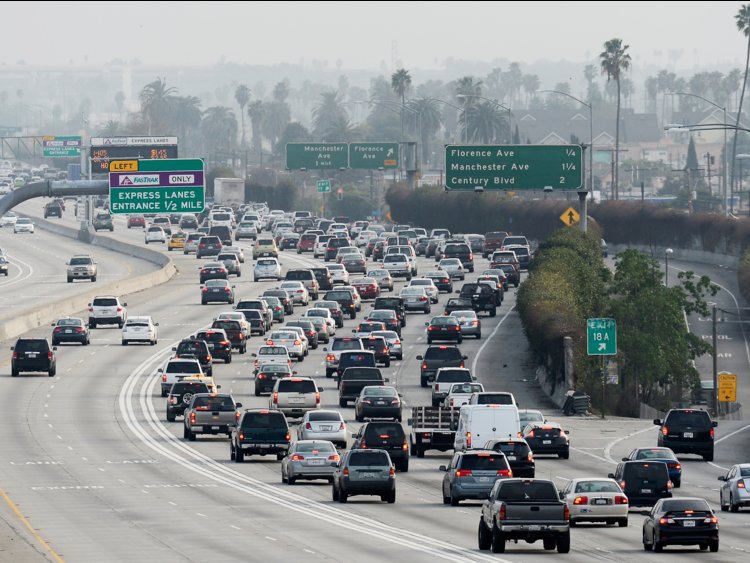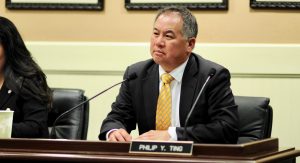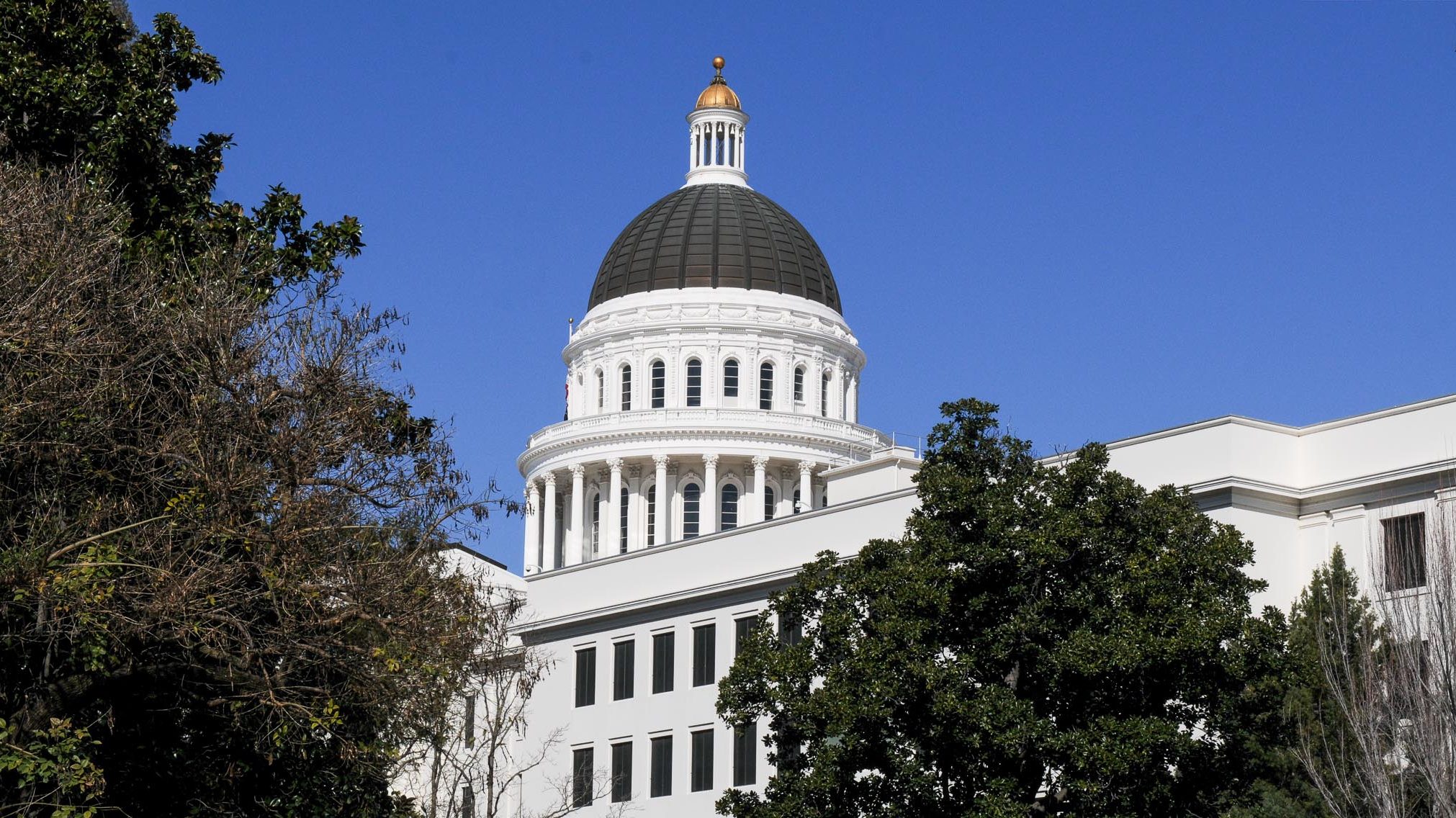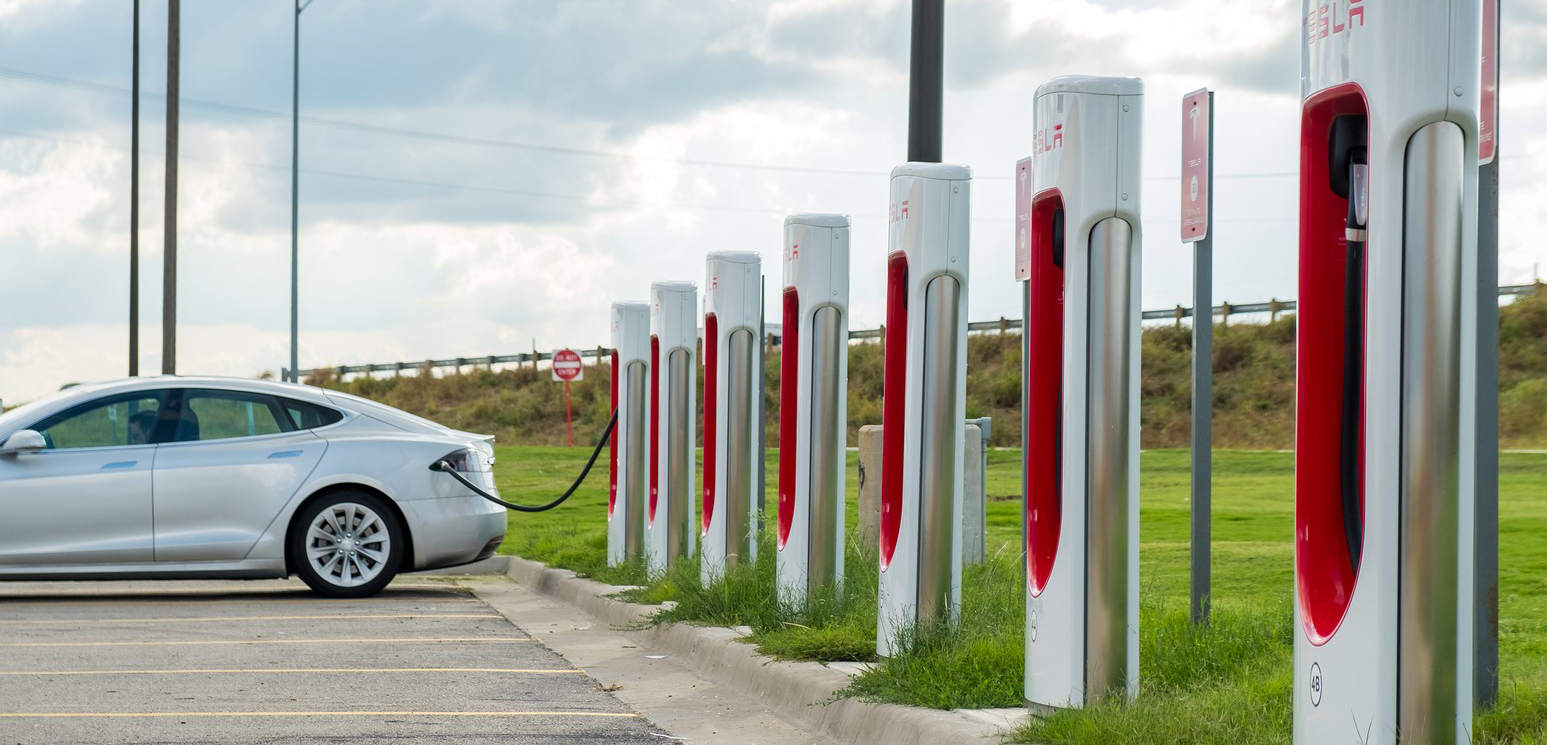
Traffic in California. (Insider)
California Air Resources Board Cuts Rebates for Electric Cars
This ‘flawed’ program doesn’t give rebates for used electric cars
By Evan Symon, December 4, 2019 2:48 pm
The California Air Resources Board (CARB) officially limited rebates on electric cars in California on Tuesday, cutting rebates for cars that cost more than $60,000, removing plug-in hybrids with a low range, and allowing only one rebate per person in their lifetime.
The fall of rebates
The actual rebates are also falling in price, with rebates for people above a moderate income seeing rebates fall by $500.
CARB is limiting who can claim rebates because of the large number of people buying more expensive cars, and not enough lower income people buying cheaper electric cars. According to the Clean Vehicle Rebate Project, there were just too many people buying new cars under the program.
“We’d seen a lot of people come in with that rebate,” said Cooper Hoffman, a car salesman in Los Angeles. “A few thousand off a $40,000 or $50,000 car may not seem like much, but it was a big factor for many customers here.”
“Now that it’s not as strong now we’re probably going to see less.”
“You’d be surprised that something like a $500 voucher can be the crux of a decision for buying an electric car for some, but it absolutely is.”
The removal of the federal tax credit

Assemblyman Phil Ting (D-San Francisco), who has been a longtime proponent for electric cars and the electric car rebates, has gone on record saying that lowering rebates would be a good thing.
“There is no real incentive to buy or lease a zero-emission vehicle right now if consumers know the rebate level will be the same year after year – or even worse, run out during the year,” Assemblyman Ting said earlier this year. “But if consumers have certainty that the rebates will diminish as time goes on, they might act sooner rather than later.”
But then the federal tax credit was announced to be phased out, going from $7,500 in 2018 to $0 in 2020. Assemblyman Ting and others changed their tune on lessening the rebate, with Ting saying that it would “dampen the excitement for clean cars.”
Since 2010 nearly 350,000 rebates for fully or partially electric vehicles were given, costing the state almost $775 million. Customers wanting debates has shot up to such the extent that the rebate program will be budgeted for $238 million in 2020, about one-third the cost of rebates in the entire previous decade. To send the message that the rebates need to reach everyone, at least $25 million of that will have to go to low-income buyers.
By putting a cap of $60,000 on what cars can get rebates, it only removes a few models from consideration, such as several types of Teslas and a few luxury car models like Porsche. Many higher end cars are still covered under Tuesday’s changes.
Used cars and ignoring the needs of lower income buyers
“That’s the problem,” sad Hoffman. “People with not a lot of money are looking at electric cars. The rebates might help, but what they usually go for are used cars. That’s where this program is flawed. It doesn’t give rebates for used cars. Some new electric cars are in the $30,000 to $35,000 range, but they are a tough sell to them. Even at that price they are scared away. They’d rather go with a cheap sedan from 15 years ago, or as I’ve seen, going for cheap SUVs and pickups. They tend to have larger family or have needs that only a bigger car can give. If it’s between a used $10,000 SUV and a new $38,000 electric car, even if you explain that in the long term they’ll save money on gas, they’ll go cheap.”
“People living paycheck to paycheck don’t think long-term. They think paycheck to paycheck. They think about that monthly car payment eating up a lot of their pay.”
“It’s never going to work for a lot of them unless they apply this to used electric cars. We’ve started selling used 7-year old Priuses now to lower income people. For this program to really work, that’s the kind of people we need to target. But no. It’s only for new cars.”
The rebate program is expected to use its new budget up this coming year. The effects of the rebate curtailing should also be seen, with both the CARB and those in the auto industry watching closely to see if moderate and low-income people end up buying ore or less because of the changes.
- Bill to Require Law Enforcement Disclosure if AI Was Used To Help Write Reports - August 7, 2025
- Gov. Newsom Files FOIA Request To ‘Expose True Cost’ Of L.A. Federal Troop Deployment for Anti-ICE Riots - August 6, 2025
- California Redistricting: How Newsom’s Plan Will Demolish Hard Fought GOP Gains - August 6, 2025





Translation: “We just banned your gasoline cars, so we don’t need to give you a rebate for an EV that can’t do half of what a gasoline car can do. You buy what we tell you to buy. Soon we will be adding a battery tax. Count on it.” Signed, The Democrats.